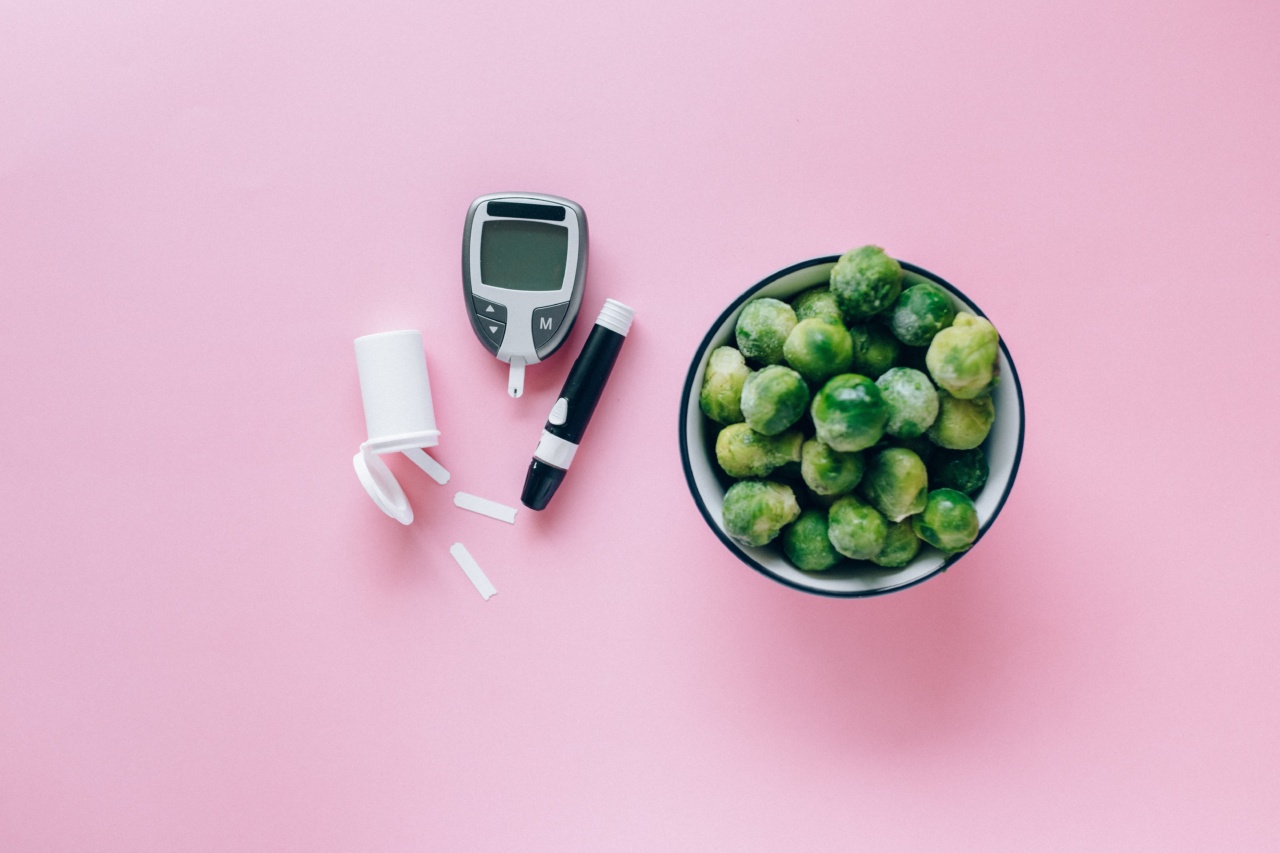High blood pressure and high cholesterol levels are two major risk factors for cardiovascular diseases. Incorporating healthy fruits into your diet can help maintain healthy blood pressure and cholesterol levels.
Fruits are packed with essential nutrients, fiber, and antioxidants that contribute to overall heart health. In this article, we will explore ten healthy fruit choices that can naturally help control blood pressure and cholesterol levels.
Berries
Berries such as blueberries, strawberries, raspberries, and blackberries are rich in antioxidants, vitamins, and minerals. They are also low in calories, making them an excellent choice for maintaining a healthy weight.
The antioxidants found in berries help reduce oxidative stress and inflammation in the body, thus supporting heart health. Incorporating a variety of berries into your diet can enhance blood vessel function and help manage blood pressure. Additionally, berries contain soluble fiber, which aids in reducing LDL (bad) cholesterol levels.
Oranges
Oranges are well-known for their high vitamin C content. This citrus fruit is also packed with soluble fiber, potassium, and plant compounds such as flavonoids.
Regular consumption of oranges and other citrus fruits has been linked to lower blood pressure. The potassium found in oranges helps maintain fluid balance and supports healthy blood pressure levels. Furthermore, the soluble fiber in oranges can help reduce cholesterol absorption in the bloodstream.
Kiwis
Kiwis are a delicious and nutrient-dense fruit that can be beneficial for heart health. These small, fuzzy fruits are an excellent source of vitamin C, fiber, potassium, and antioxidants.
Studies have shown that consuming kiwis can help lower blood pressure levels, especially in individuals with high blood pressure. The fiber in kiwis also aids in reducing cholesterol levels, particularly LDL cholesterol. Adding kiwis to your daily diet can have a positive impact on blood pressure and cholesterol management.
Apples
The saying “an apple a day keeps the doctor away” holds some truth when it comes to heart health. Apples are a rich source of antioxidants, dietary fiber, and polyphenols.
These components contribute to improved heart health by reducing inflammation and oxidative stress. Consuming apples has been associated with a lower risk of developing high blood pressure and high cholesterol levels. The soluble fiber found in apples, known as pectin, helps lower LDL cholesterol and aids in maintaining healthy blood pressure levels.
Avocados
Avocados are a unique fruit as they are high in heart-healthy monounsaturated fats. These healthy fats can help lower LDL cholesterol levels while increasing HDL (good) cholesterol levels.
Avocados also contain potassium, fiber, and antioxidants such as lutein and zeaxanthin. Regular consumption of avocados has been linked to lower blood pressure levels and improved overall heart health. However, avocados are calorie-dense, so portion control is necessary when incorporating them into your diet.
Pomegranates
Pomegranates are known for their vibrant color and unique taste. They are rich in antioxidants, including polyphenols and anthocyanins, which have been shown to promote heart health.
Studies have indicated that drinking pomegranate juice can have beneficial effects on blood pressure, reducing both systolic and diastolic readings. Pomegranates also contribute to lower LDL cholesterol levels and inhibit the oxidative modification of LDL cholesterol particles. Enjoying pomegranate as a whole fruit or as juice can be a refreshing and heart-healthy choice.
Bananas
Bananas are a widely consumed fruit and are known for their high potassium content. Potassium is a key nutrient for maintaining healthy blood pressure levels. It helps counterbalance the effects of sodium and supports proper heart and muscle function.
Including bananas in your diet can help regulate blood pressure. Bananas also contain fiber, which aids in balancing cholesterol levels.
Grapes
Grapes, whether consumed fresh or in the form of raisins, are a heart-healthy fruit choice. Grapes are rich in antioxidants and beneficial compounds like resveratrol, which has been shown to have protective effects on heart health.
Resveratrol can reduce inflammation, improve blood vessel function, and lower blood pressure. The fiber in grapes can also help manage cholesterol levels. By including grapes in your diet, you can add a flavorful snack that supports your cardiovascular health.
Pineapples
Pineapples are not only delicious but also provide numerous health benefits. They are packed with vitamin C, manganese, and bromelain, which is a group of enzymes known for their anti-inflammatory properties.
Bromelain has been linked to improved heart health by reducing blood pressure levels and decreasing the risk of blood clot formation. Pineapples are also fiber-rich, aiding in cholesterol management. The sweet and tangy taste of pineapples makes them a refreshing addition to your fruit choices.
Pears
Pears are a nutritious fruit that can contribute to heart health. They are a great source of dietary fiber, vitamin C, and antioxidants. Pears contain flavonoids and potassium, which help support cardiovascular health.
Studies have shown that consuming pears can help lower blood pressure levels and reduce the risk of stroke. Additionally, the fiber in pears can help regulate cholesterol levels by binding to bile acids and promoting their excretion.
Conclusion
Incorporating these ten healthy fruit choices into your diet can serve as a natural and flavorful way to control blood pressure and cholesterol levels.
Berries, oranges, kiwis, apples, avocados, pomegranates, bananas, grapes, pineapples, and pears offer a wide array of essential nutrients, fiber, and antioxidants that promote heart health. Whether enjoyed on their own, in a smoothie, or as part of a fruit salad, these fruits can make a positive impact on your overall cardiovascular well-being.
Remember to always strive for a balanced diet and consult with a healthcare professional or registered dietitian for personalized advice.




























